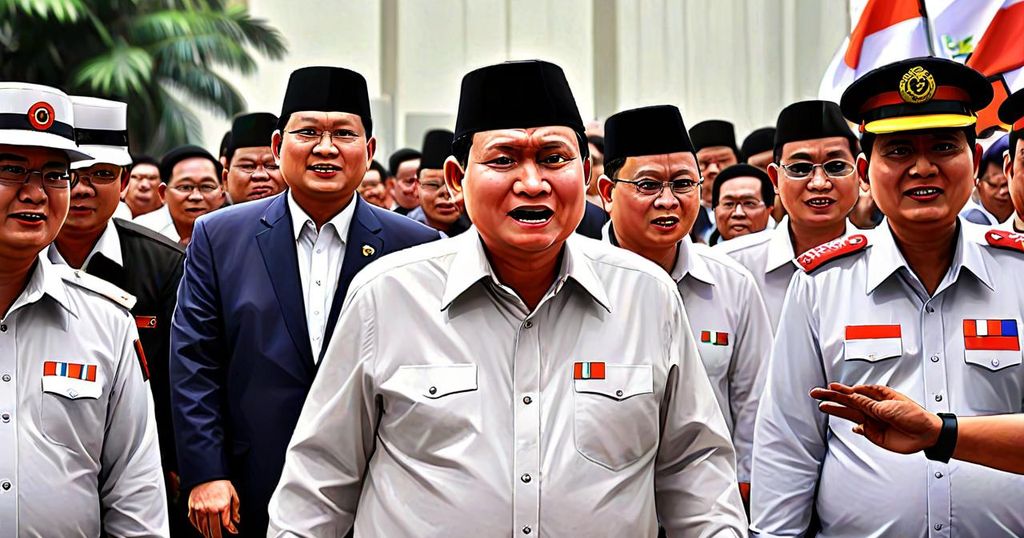Indonesia’s recent presidential debate on January 7 has brought to light Minister of Defense Prabowo Subianto’s robust stance on protecting the nation. As a former general, Subianto emphasized the importance of defending the country against foreign intervention and the exploitation of its natural resources. His victory in the debate raises questions about the potential impact on Indonesian foreign policy.
With Subianto now at the helm of Indonesia’s defense ministry, it is crucial to consider the implications for the country’s foreign relations. He has made it clear that protecting Indonesia’s sovereignty and resources is a top priority, reflecting a nationalist approach to foreign policy. This could lead to a more assertive stance in dealing with foreign powers and safeguarding Indonesia’s interests on the global stage.
The historical context of foreign intervention in Indonesia’s vast and resource-rich archipelago has undoubtedly shaped Prabowo’s perspective on national defense. His emphasis on protecting the country from exploitation and external interference aligns with a longstanding sentiment among many Indonesians. This resonates with the need to assert the nation’s independence and safeguard its natural wealth from exploitation by foreign entities.
The implications of Prabowo’s victory are not limited to domestic policy. They also extend to Indonesia’s role in regional and global affairs. As the largest country in Southeast Asia, Indonesia holds significant influence in the region. Prabowo’s defense policy could have far-reaching consequences for Indonesia’s relationships with neighboring countries and major world powers.
It is important to note that changes in Indonesia’s defense and foreign policy under Prabowo’s leadership will likely be closely monitored by other nations. The government’s strategy in dealing with regional security issues and international trade will be under scrutiny, as it may signal a shift in Indonesia’s foreign relations approach.
As the situation unfolds, it will be essential to observe how Prabowo’s victory influences Indonesia’s participation in regional forums and multilateral organizations. These platforms provide opportunities for Indonesia to engage with other countries on a wide range of issues, from economic cooperation to security partnerships.
In conclusion, Prabowo Subianto’s victory in the presidential debate has sparked discussions about the potential impact on Indonesian foreign policy. His strong emphasis on protecting the nation’s sovereignty and resources reflects a nationalist approach that could reshape Indonesia’s stance on the global stage. As the world watches Indonesia’s future direction under Prabowo’s leadership, it is clear that his defense policy will have significant implications for the country’s role in regional and international affairs.

Leave a Reply